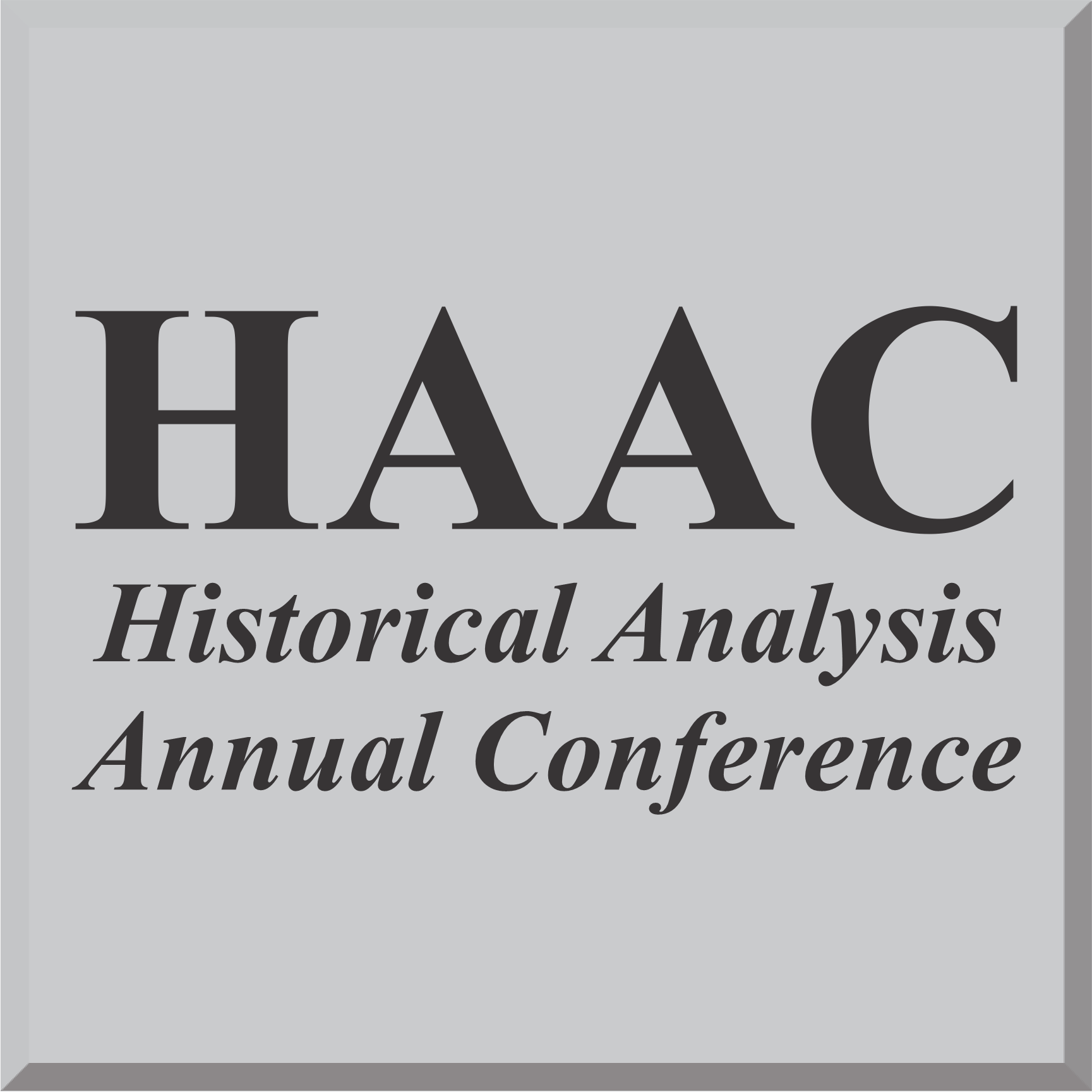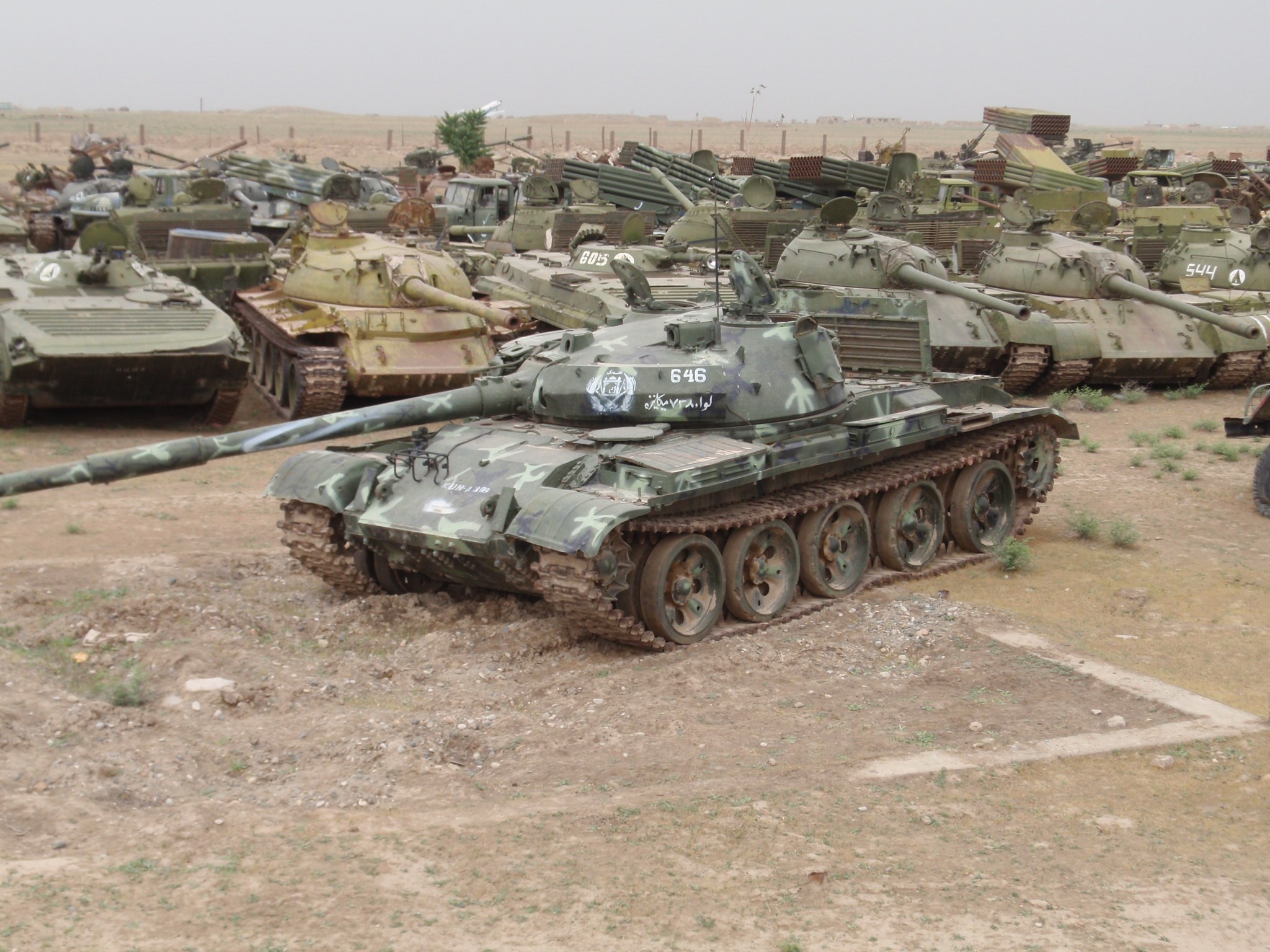
Announcing the first Historical Analysis Annual Conference (HAAC), 27-29 September, 2022 in Tysons Corner, VA, USA. It is being hosted by The Dupuy Institute but is an open conference and we are looking for interested presenters and attendees from all corners of the historical analysis, operations research, and historical research communities.
Purpose:
To explore and promote the use of historical analysis in understanding military affairs.
It is built in part upon the work done by the HERO (Historical Evaluation Research Organization), TNDA (Trevor N. Dupuy and Associates), DMSI (Data Memory Systems Inc.), TMCI (The Military Conflict Institute), TDI (The Dupuy Institute) and elements of the Cornwallis Group. Similar in concept to the TMCI conferences.
First Conference:
Will be held 27-29 September 2022 at Tysons Corner, Virginia, near Washington, DC. It is in honor of the 60th anniversary of the Trevor N. Dupuy founded organizations and the 30th anniversary of The Dupuy Institute.
It is expected that the conference will include a wide range of attendees and presenters from private industry, academia, the U.S. government, the UK operational research and historical analysis community, and other interested parties.
The first day (Tuesday) of the conference with be focused on Analysis of Conventional Warfare, the second day (Wednesday) on Analysis of Unconventional Warfare and the third day (Thursday) with include Other Analysis of Warfare. Each presentation will be a maximum of 45 minutes with at least 15 minutes set aside for questions and discussion.
If demand is high enough, the conference will be broken into working groups as required.
Historical Analysis:
There is no clear definition as to what historical analysis consists of. For the purposes of this conference, it is that analysis of history that is focused on military affairs and is usually quantitative in approach and based upon a large number of cases (as opposed to being a case study). Historical Analysis is considered a proper subdiscipline of UK Operational Research. It is not considered part of Operations Research in the United States.
The UK Dstl defines historical analysis as “The use of mathematical, statistical, qualitative and other forms of analysis to understand historical engagements, operations, campaigns and conflicts for the purpose of providing impartial analysis and sensitive decision support to policy makers.”
The key elements of what The Dupuy Institute looks for in historical analysis is that it is 1) based upon history, with a strong bias towards primary sources (i.e. unit records), 2) it is a based upon a representative sample of cases, not just a case study of one or two cases, 3) it is analytical in approach, 4) it is using past real-world experience for analyzing and addressing a problem of today. Historical analysis is simply the analysis of real-world experiences.
There are people who are doing surveys of historical operations, basically doing multiple case studies to examine trends and patterns. While these are not based upon the large databases that The Dupuy Institute favors, these are efforts worth examining and such efforts will also be explored at our conferences.
Costs:
Cost of attendance will be $150 for the entire conference. Dining and hotels are at the expense of the attendees. There will be facilities for virtual attendees and virtual presenters, but the focus of the conference will be in-person presentations and attendees.
Call for Presentations:
We are making a call for papers and presentations at that time. We have already set up a preliminary list of presenters.
Long-term Goal:
The long-term goal is a create a series of periodic conferences for the purposes of presenting, examining and encouraging historical analysis of military affairs across a wide-range of issues.
For questions, suggestions, comments, or to volunteer for presentations, please contact:
Christopher A. Lawrence
The Dupuy Institute
(703) 289-0007
P.S. In subsequent posts I will be posting the rates for the conference, the list of nearby hotels, and a preliminary list of presenters.
 The cost of attendance to the Historical Analysis Annual Conference (HAAC) on 27-29 September 2022 will be $150 for the entire conference. Dining and hotels are at the expense of the attendees. There will be facilities for virtual attendees and virtual presenters, but the focus of the conference will be in-person presentations and attendees.
The cost of attendance to the Historical Analysis Annual Conference (HAAC) on 27-29 September 2022 will be $150 for the entire conference. Dining and hotels are at the expense of the attendees. There will be facilities for virtual attendees and virtual presenters, but the focus of the conference will be in-person presentations and attendees.
